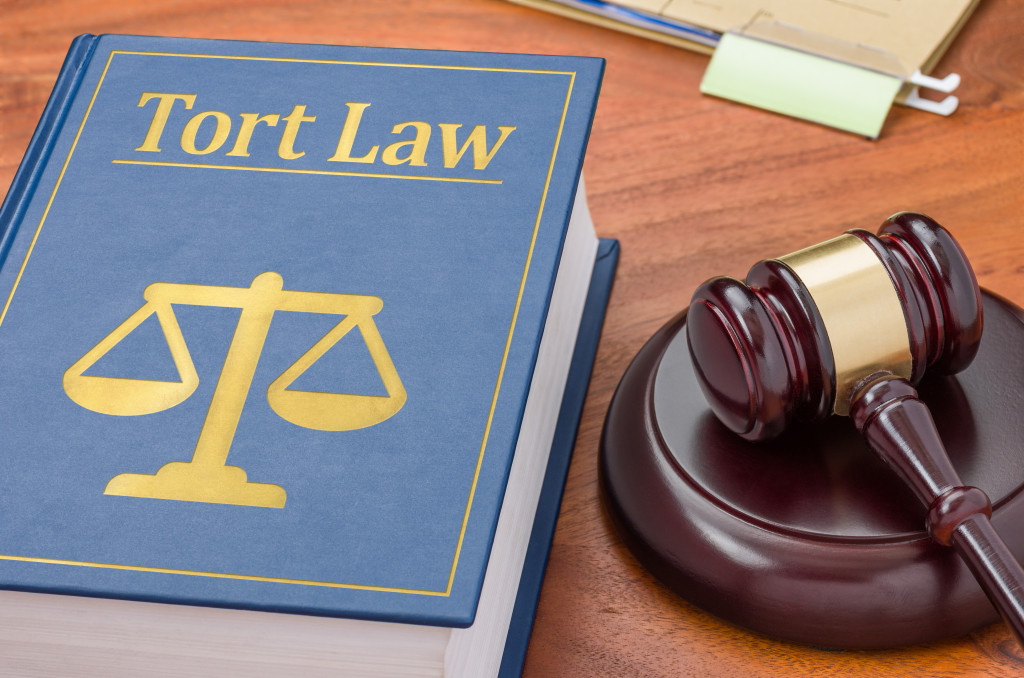Defamation is defined as the publication of a remark that lowers the opinion of an individual or a corporation among right-thinking members of society. In general, the test is if a remark makes you think less of the person or organization it refers to. A claim can be defended by the opposite side on the basis of justification, privilege, or fair criticism.
UK Defamation Statute of Limitations
Slander and libel law in England and Wales was controlled by the Defamation Act of 1996 prior to the Defamation Act of 2013. “No such action for defamation shall be instituted after the expiry of one year from the date on which the cause of action accrued,” according to Articles 5 and 6 of the legislation.
How To Win A Defamation Lawsuit in the UK?
The following must be true in order for a claimant to win a defamation lawsuit: the statement in question must be a negative false statement of fact; the statement in question must identify or refer to the claimant, and the statement in question was published.
Moreover, you need to contact expert defamation solicitors to handle your cases. Everything will be handled by them and they will make sure that to get the best outcome for your defamation case.
Who Can Sue For Defamation in the UK?
Individuals, legally established corporations, and associations can sue for slander or libel in the United Kingdom. Elected officials can’t sue for defamation if it involves their governmental or administrative responsibilities, but they can sue for intentional untruth.
A member of a political party can also sue for libel if their personal reputation is harmed by defamatory remarks about the party.
Limitation Period
In defamation cases, a Claimant has just one year from the date of publication of the defamatory remark to file a defamation lawsuit. The court does, however, have extensive authority to extend this term in cases where it is reasonable to do so.
Each time the statement is published, there is a new cause of action (i.e. the limitation period is renewed). As a result, if the statement is reprinted, the one-year limitation period begins anew. It modifies the regulation such that once the one-year limitation term expires, any subsequent publications by the original publisher will not count toward the renewal of the restriction period.
The limitation period will only start again if a new publisher reprints the original material again. The court will retain the power to extend the limitation period at their discretion.
How are Defamation Cases Settled?

The precise form of how defamation lawsuits are settled varies from case to case and is dependent on whether the parties reach an agreement on terms of settlement or the matter is decided by the Court.
If the parties agree on conditions, they may include an apology and correction, as well as monetary compensation and/or reimbursement of the claimant’s legal costs and expenses. The Court has the authority to pay damages, issue an injunction, publish a summary of the ruling, and compel the defamatory remark to be removed.
The Need for Speed
Defamation lawsuits must be filed within one year of the day the purportedly defamatory comment was published. The limitation period is what it’s called. While the Court has the authority to allow a claim to proceed after the statute of limitations has expired, it will only do so in very specific situations.
It is typically critical for the claimant to resolve the matter as quickly as feasible. To try to limit the harm and assist recover their reputation, they frequently demand a quick rectification and/or apologies. All of this implies that dealing with these sorts of claims necessitates a high level of quickness.
After a successful defamation case, a person may be entitled to damages in one of three categories:
- General Damages: This category covers things like loss of reputation, humiliation, wounded feelings, embarrassment, and so forth.
- Damages to the plaintiff’s property, occupation, trade, profession, or business ties are examples of special damages.
- Punitive Damages: Punitive damages are additional damages intended to penalize a person who behaved maliciously or with ill intent. These are given at the judge’s or jury’s discretion and may be a powerful tool for ensuring you are never defamed again.
These financial awards can compensate you for the loss, anger, and frustration you have suffered as the result of a defamatory statement. It is worth it to sue, not only to recover financially now but to help ensure others do not defame you or your business in the future.




